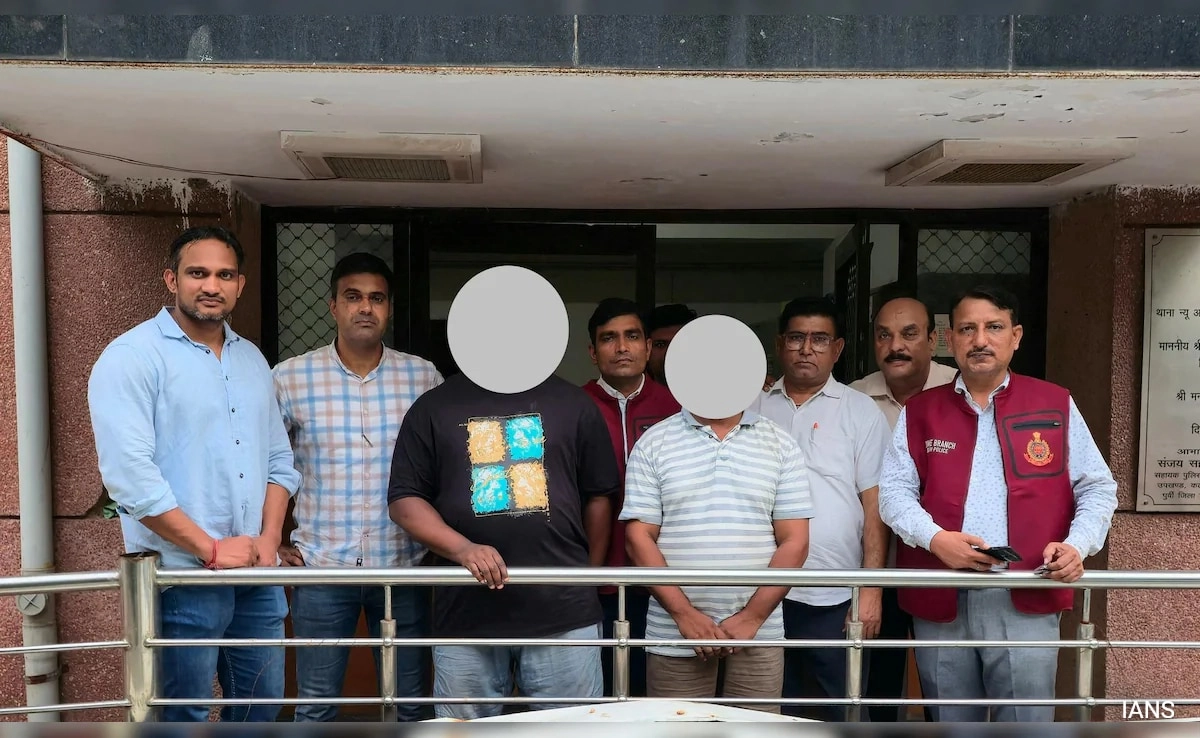In a significant crackdown on organized crime, Delhi police recently dismantled a transnational lottery scam that had been defrauding numerous individuals. The operation led to the arrest of six suspects, including two Nigerian nationals, highlighting the international dimension of this fraudulent scheme. The police investigation revealed that the scam involved sophisticated tactics, where victims were lured with promises of lottery winnings, often leading them to part with substantial sums of money under false pretenses.
The modus operandi of the scammers was particularly insidious, as they utilized various online platforms to reach potential victims. They would often impersonate legitimate lottery organizations and create convincing narratives to gain the trust of their targets. Once the victims were hooked, they would be instructed to pay taxes or fees to claim their purported winnings, which were, in reality, nonexistent. This elaborate deception not only exploited the hopes of individuals but also showcased the growing trend of digital fraud that crosses international borders.
The arrests were made after a detailed investigation that involved cybercrime units and intelligence-gathering efforts. The authorities engaged in a coordinated operation that tracked the suspects’ activities and uncovered their operational base. This operation underscores the commitment of law enforcement to tackle not only domestic crimes but also those orchestrated by international networks. The presence of Nigerian nationals in the scam emphasizes the global nature of such crimes, as they often involve intricate collaborations across different countries.
As the investigation continues, police are urging the public to remain vigilant against similar scams and to report any suspicious activities. The recent arrests serve as a reminder of the importance of awareness and caution when engaging with online opportunities that seem too good to be true. Authorities are also working on strengthening international cooperation to combat transnational fraud, recognizing that such crimes require a unified response to effectively dismantle the networks involved. The Delhi police’s proactive measures in this case reflect a broader strategy to protect citizens from the increasing threat of cybercrime.




